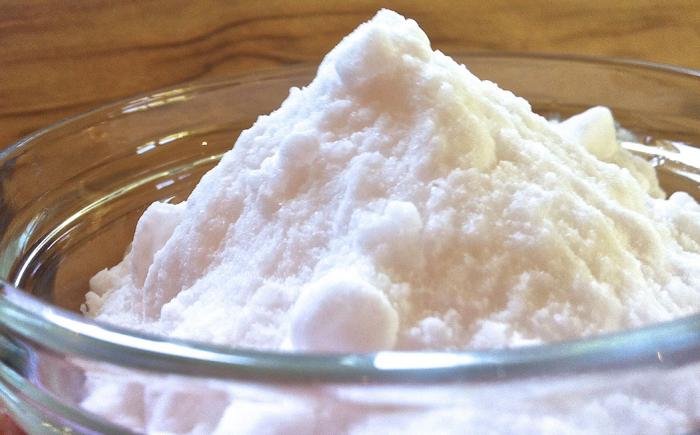Magnesium Deficiency and what to do about it

One of seven essential macrominerals , Magnesium deficiency can play havoc with your body as it is crucial to over 300 enzymatic reactions. These include transmission of nerve impulses, food metabolism as well as the synthesis of proteins and fatty acids. More than 50% of the body’s magnesium (on average 25 grams) is stored in the skeletal system with the remainder located in muscles, soft tissues and bodily fluids. Without magnesium the body’s muscles would be in a perpetual state of contraction - magnesium being essential for muscle relaxation. As well, magnesium is crucial to bodily processes such as blood coagulation, nutrient metabolism and bone and cell formation.
How Magnesium assists the body
Magnesium deficiency is a major contributor toward poor cardiac health. This is due to the important ways in which magnesium assists in oxygen uptake, muscular activity, electrolyte balance and central nervous system operation. Higher levels of magnesium in the diet over time is connected with reduced danger of hypertension as well as lower instances of hardening of the arteries. Importantly, high calcium intake without sufficient magnesium has been shown to increase the risk of arterial calcification, cardiovascular disease and kidney stones. Magnesium also assists in bone formation and improved bone crystal formation. People with high amounts of magnesium in their diets have been shown to have on average greater bone density than those that don’t. Adequate amounts of dietary magnesium can improve memory and mood, help prevent stroke and obesity as well as improve heart health. Post-menopausal women can reduce the risk of developing osteoporosis by taking magnesium either as supplements or in magnesium rich foods.
Typically, magnesium levels are measured through the testing of blood serum. This is however, misleading as only 1% of the body’s magnesium is found in the blood and only 0.3% in blood serum. For the average person it is usually more useful to ask whether or not they are experiencing any of the classic signs of magnesium deficiency.
Magnesium Deficiency - What happens?
So what are some major symptoms magnesium deficiency? For starters, some of the classic symptoms are hyperactivity, sleep disorders, anxiety, muscle cramps, facial tics and chronic pain. The physical and psychological impacts that these symptoms can have are well documented. What is not so well known, however, is that stressful conditions may increase magnesium use by the body causing further deficiency. Magnesium deficiency combined with calcium supplementation can further inhibit magnesium intake and absorption. Other medications that may impact on the amounts of magnesium absorbed by the body include heart medications, diuretics, asthma medications, estrogen replacement therapy and birth control pills. Another well-documented effect of magnesium levels is the inverse relationship between magnesium intake and the risk of diabetes. Magnesium deficiency can result in both impaired secretions of insulin and a lower sensitivity to insulin – both of which can, over time, spur diabetic reactions.
Dietary factors
There are a number of dietary factors associated with magnesium deficiency. For example, in today’s world soft drinks are consumed at a much higher rate than ever before in history. This impacts magnesium levels in the body in several ways. Most dark coloured carbonated beverages are high in phosphates. Phosphates have the effect of binding with magnesium in the digestive tract thus making it unavailable to the body. Put simply, the magnesium just passes straight through the body. Another dietary factor very much prevalent in today’s day and age is the consumption of refined sugars. Refined sugars have had the molasses spun out of them thus losing the magnesium in the process. The refined sugars also cause the kidneys to excrete any magnesium already in the body. Alcoholic and caffeinated drinks also function as diuretics when consumed upwards of seven per week causing loss of magnesium.
What foods are rich in Magnesium?
The highest natural concentrations of magnesium are to be found in dark green vegetables, nuts, seeds, whole grains and legumes. Sunflower seeds, Almonds, Sesame seeds, Spinach, Cashews, Soymilk, Black beans, Oatmeal, Broccoli, Edamame, Peanut butter, Shrimp, Black-eyed peas, Brown rice, Kidney beans, Cow's milk, Banana, and Bread are all high in natural magnesium however the refining process that wheat goes through destroys the magnesium so it is best to choose cereals and bread products made from wholegrains. Unfortunately most common fruits as well as meat and fish are typically low in magnesium so it is important to be aware of the recommended daily intake of magnesium so as to ensure you and your family can stay optimally healthy.




